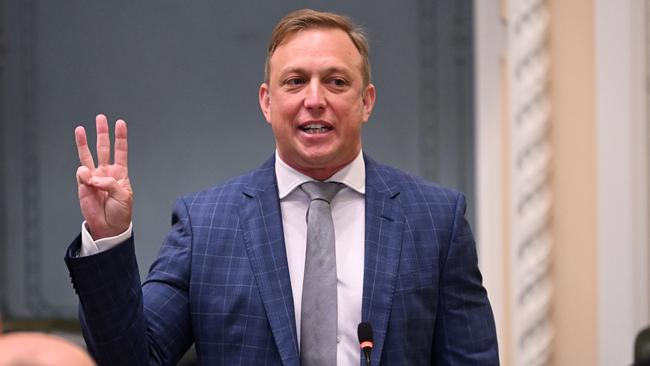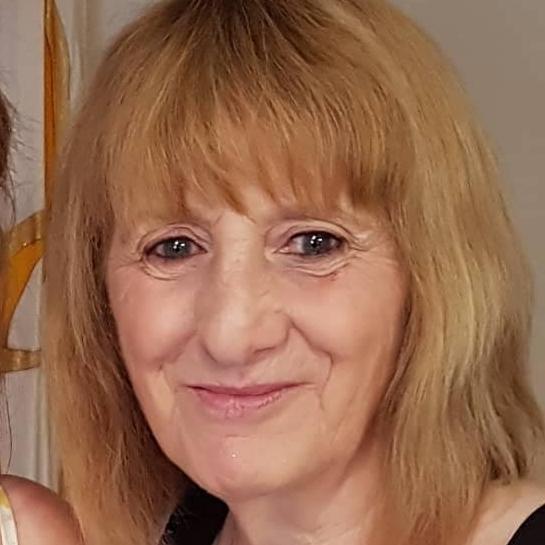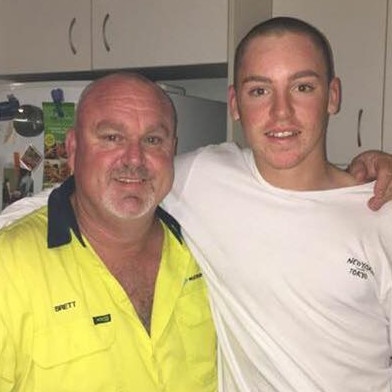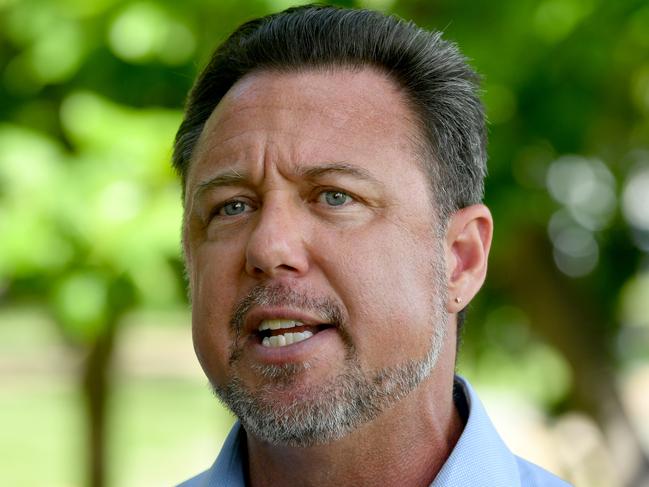Steven Miles pledges open justice for victims of youth offenders
Families of victims killed by youth offenders will be given greater access to the courtroom, and journalists will be able to report what happens, under a commitment by Premier Steven Miles to rewrite controversial laws restricting scrutiny.

QLD Politics
Don't miss out on the headlines from QLD Politics. Followed categories will be added to My News.
Families of victims killed by youth offenders will be given greater access to the courtroom, and journalists will be able to report what happens, under a commitment by Premier Steven Miles to rewrite controversial laws restricting scrutiny.
But full public access and the ability to identify children through the justice system will remain off-limits, with “proper safeguards” to be put in place.
The change to court access was one of two new youth justice policies announced by Mr Miles as MPs returned to parliament for the first time in 2024.
The other was confirmation the state government was finalising details of a First Nations-led on-country program designed to take young criminals away from the triggers of offending, in an expansion of existing measures.
It builds on four measures revealed on Monday, including a fast-tracked ban on selling knives to children, increased punishment for carrying a weapon in public, increased use of ankle monitors on children and the power for police to frisk people for weapons at shopping centres.
The move to provide greater access to youth justice matters in Queensland’s courts comes in the aftermath of the stabbing of Vyleen White, 70, at her local shops at the Redbank Town Centre on February 3.
Five teens were charged in relation to the incident with four appearing in courts across the southeast on February 6.

Media outlets including The Courier-Mail applied for access to the courtrooms so details of all four cases could be made public amid community anger and frustration over Ms White’s senseless death.
But just one magistrate was willing to use their discretion to open the courtroom.
This prompted Mr Miles to take the extraordinary step of seeking advice on changing magistrate behaviour, saying it was his opinion that where reporters can be in those courts magistrates should let them.
Mr Miles, in parliament, said the government would consult with stakeholders before writing the laws and putting them through the full scrutiny process.
The timeline for change is uncertain.
“The public has the right to know what is going on in our court system,” Mr Miles said.
“We want journalists to be able to cover these stories without letting the world know about things like a child’s history of abuse or mental health reports.
“I also believe that victims’ families should be able to attend court – again, with proper safeguards.
“Victims’ families deserve to see what happens when the court considers the fate of someone who harmed or killed their loved one. It is that simple.”
Brett Beasley, whose 17-year-old son Jack was murdered by a teenager with a knife in 2019, said opening courts was a step in the right direction.

“I think it’s a fantastic idea,” he said. “I 100 per cent agree. I’d also like to see young offenders named. Not for stealing cars or breaking into houses, but for a horrific crime like murder, their names shouldn’t be suppressed.”
The Opposition slammed the government for failing to move quicker, countering the Premier’s latest mixed bag of policy announcements by putting forward immediate law changes, which include improved court access.
The LNP’s proposed amendments would remove detention as a last resort, change the Children’s Court Act to remove the provision excluding victims and their families from the courtroom on the basis of prejudice to offenders and to provide better media access.
Queensland, like all other jurisdictions, does not allow public access to children’s courts but states differ on media access with the Sunshine State preventing access to media in magistrates court for youth matters as a starting point, though journalists can apply for access.
Information provided by the Premier’s office shows NSW, South Australia, the Northern Territory, the ACT, Victoria and Western Australia open the court to media unless the interests of the child are prejudiced. It’s understood Queensland could relax the phrasing of its law to more closely align with other states and thus make it easier for journalists and families of victims to gain court access.

All jurisdictions prohibit the publication of information that could identify a child, and that will not change.
Legal groups including the Australian Lawyers Alliance and the Queensland Law Society slammed the state government’s decision to increase courtroom access in juvenile matters, warning it would not reduce youth crime while doing lasting harm to children.
“Simply grabbing at every possible populist measure … will have no impact on reducing crime, in fact, if anything, and particularly if you’ve placed greater stress on young offenders there’s a greater tendency to commit crimes,” ALA national criminal justice spokesman Greg Barns SC said.
QLS president Rebecca Fogerty said the goal of rehabilitation was more compelling in youth courts than for adults, and it was important not to lose sight of that broader philosophical focus.
Mr Miles also confirmed an expansion of current on-country programs and said the Katter’s Australian Party policy on relocation sentencing had been taken on board.
But KAP Member for Hinchinbrook Nick Dametto said the government had cherrypicked elements of its policy, and Labor’s version was more likely similar to a previous strategy that was doomed to fail




